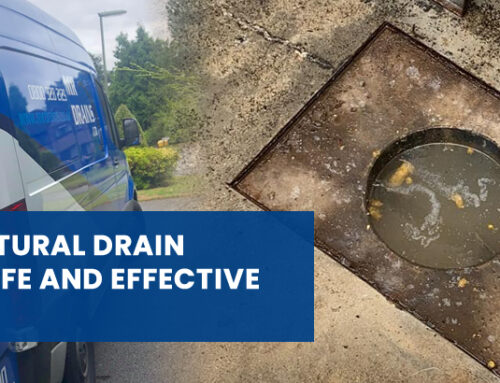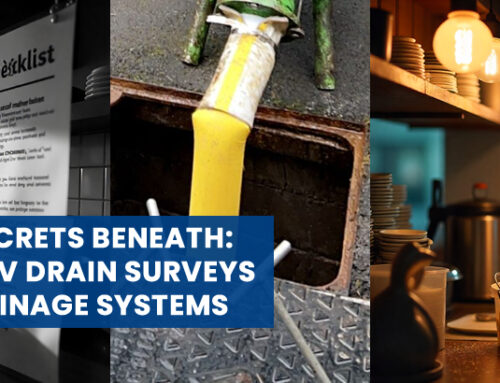So you had a good neighborhood relationship. What happens then when you are confronted with problems like communal drain issue, would your friendship persist?
Residential owners don’t often know what to do in times like this. Either they have forgotten the protocol, or they’re entirely naive about it. But don’t just scratch your head yet. This article will teach you the basic things to you in case you and your neighbors are confronted with a communal drain issue.
First, who is responsible for communal issues?
First, you need to identify the place of the problem or the blocked drain. You need to identify if the problem is indeed in public (communal) or private property. So, what identifies a public or private drain?
The pipes that go away from your house’s structure is called a drain. When your drain conjoins with another property’s drain, it is called a sewer. Now here’s the problem, a sewer can either be public or private property. To know whether it’s private or public, you need to ask the proper authorities. Your local water authority usually manages a public sewer. This local water authority is responsible for maintaining the functionality and cleanliness of the public sewer.
If your house and your neighbors share the same pipe, it’s called a “private sewer.” If a portion of that private sewer gets blocked or something, all the households that are connected to that private sewer should partake in the costings. If ever, there’s a dispute about this agreement, the local Environmental Health Officers is the one who presides over this dispute.
If you are the only one in your neighborhood that’s using a pipe, you have what you call a private drain. In private drains, you have the responsibility for its cleaning and functionality features. Meaning, you have to shoulder the expenses for its cleaning and repair services.
What are the steps to take if your private sewer or drain is blocked?
Call the proper authorities like your local Environmental Health Officers, and they’ll inspect for you. They are the experts on identifying who’s going to shoulder the cost of the drain if it is solely yous or do your neighbors need to contribute too.
If it’s confirmed that it’s only your private pipe, you need to call a contractor immediately to sort out the problem for you. If you’re just renting, it’s the responsibility of your landlord to contact the contractor.
What if my neighbor refuses to cooperate with the expenses?
If it’s decided that you and your neighbors need to help with the expenses, but then your neighbor’s acting up, what’s the best thing to do? You should go and talk to your neighbor. Negotiate with them as much as you can. If this is not possible, contact your local Environmental Health Officers. Your local Environmental Health Officers are experienced in matters like this, and they’ll help you arrive at the best solution.
If your neighbors don’t budge with your local Environmental Health Officers, these officers will have no choice but to give notice. This notice will possibly increase the costing of an administration fee. So, as much as you can keep within your community the resolution of the problem.






